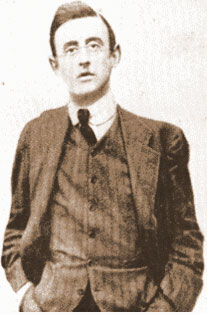Love of God
All are indebted much to thee,
But I far more than all,
From many a deadly snare set free,
And raised from many a fall.
Overwhelm me, from above,
Daily, with thy boundless love.
What bonds of gratitude I feel
No language can declare;
Beneath the oppressive weight I reel,
'Tis more than I can bear:
When shall I that blessing prove,
To return thee love for love?
Spirit of charity, dispense
Thy grace to every heart;
Expel all other spirits thence,
Drive self from every part;
Charity divine, draw nigh,
Break the chains in which we lie!
All selfish souls, whate'er they feign,
Have still a slavish lot;
They boast of liberty in vain,
Of love, and feel it not.
He whose bosom glows with thee,
He, and he alone, is free.
Oh blessedness, all bliss above,
When thy pure fires prevail!
Love only teaches what is love:
All other lessons fail:
We learn its name, but not its powers,
Experience only makes it ours.
a poem by Madame Guyon
taken from Thirty-seven poems by Guyon translated by William Cowper (1779) from a French collection published in 1722, Poesies et cantiques
Visit the Living Water bio for Madame Guyon





















